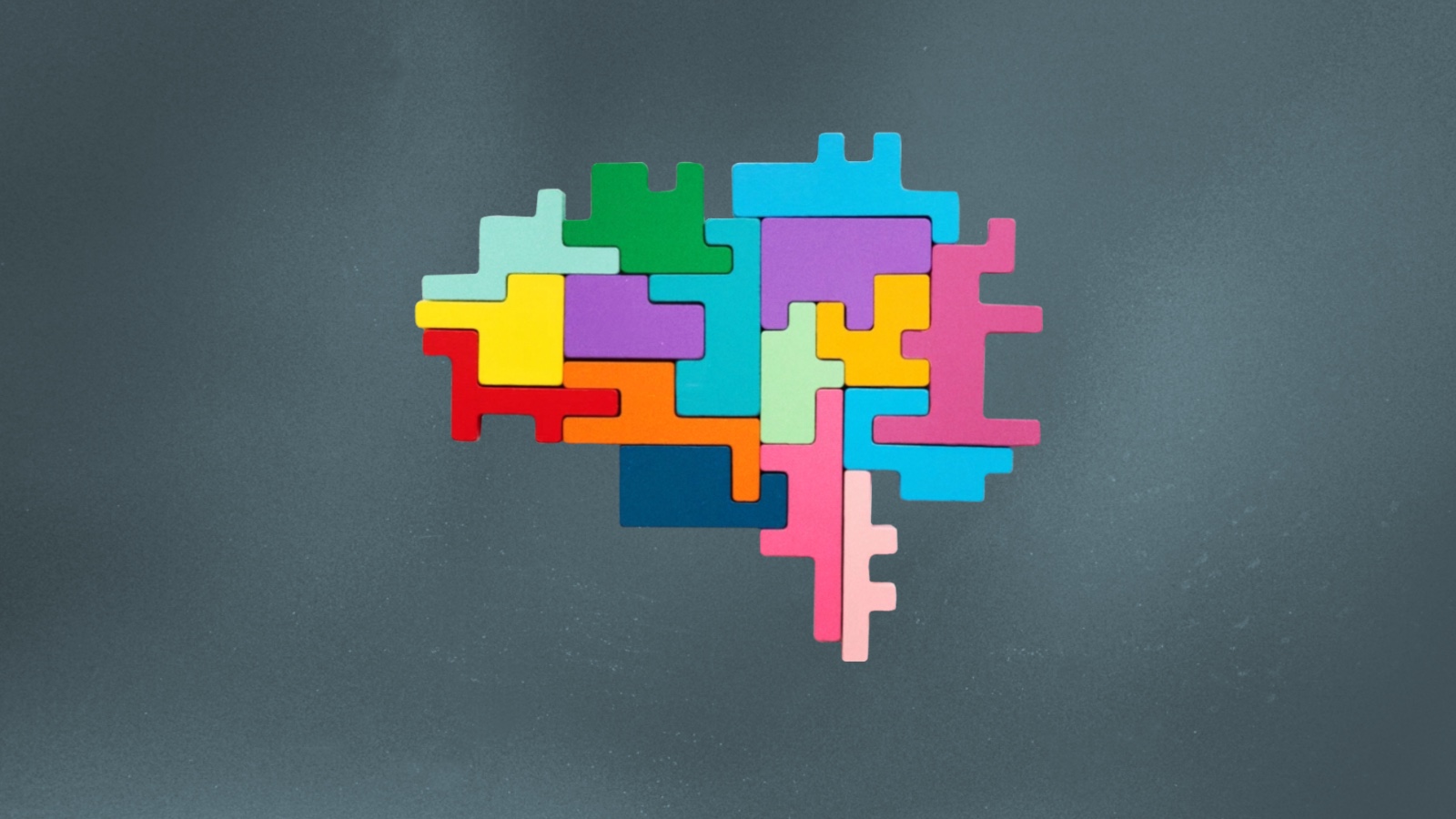The Internet Erodes Patience and So Too Economic Growth

The internet may be costing the economy dearly, and not just because we’re distracted by Facebook when we should be doing our job.
Constant novelty and distraction may actually be shortening our attention spans and weakening our patience, values which economists and evolutionary psychologists recognize as essential in the history of economic growth.
Perhaps the most robust theory of how the internet is undermining long-term economic growth comes from Andrew Haldane, the chief economist at the Bank of England. In a speech, Haldane breaks down the human elements that power the economy, finding patience and sustained attention to be among the finest. Haldane refers to observations made by popular technology writer Nicholas Carr when he says:
“The experience of reading may have ‘rewired our minds‘ to favor deeper thinking and more patient decision-making. ‘Technology was, quite literally, mind-bending,’ Haldane suggests. This reshaping of our forebears’ mental processes helped to promote the development of intellectual capital (‘creativity, ideas, innovation’), which plays a key role in modern economies. ‘Technology will have first shaped neurology and then neurology technology, in a virtuous loop. Slow thought will have made for fast growth,’ he says.”
In prehistoric times, the human species was afforded little patience by nature, which threatened our survival with harsh temperatures, food scarcity, and water shortages. Most of our cognitive energy was spent just trying to survive. But as technology slowly progressed, income afforded tools for learning — e.g., books — and machine efficiency afforded leisure. And more sustained concentration birthed more innovation…
But the internet may be taking away our ability to concentrate for long spurts, as the influential technology writer Carr explains in his Big Think interview:
“It’s pretty clear particularly from studies of like video games, that use of online media enhances some of our visual cognitive ability. So our ability to spot patterns in arrays of visual information to keep track of lots of things going on at once on a screen, but along with that, what we lose is the ability to pay deep attention to one thing for a sustained period of time, to filter out distractions.”
Read more at The New Yorker.





